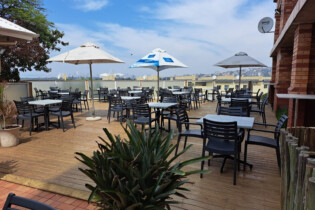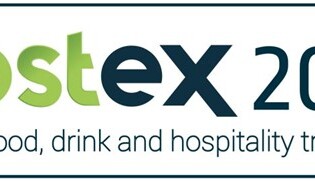The business events industry has announced its intention to establish a recognition system for companies that have proven competency in their field and adhere to high standards and ethical practice.
Such recognition may involve an endorsement or accreditation process.
Representatives of all relevant tourism industry associations agreed at a special meeting at the Meetings Africa exhibition in Johannesburg yesterday that self-regulation mechanisms should be developed as a matter of urgency.
In fact, we have keenly participated in the formulation of the National Tourism Sector Strategy (NTSS), says Nina Freysen-Pretorius, national chairperson of the Southern African Association for the Conference Industry (SAACI). Now it is time to respond to the Norms and Standards on Service Excellence and Responsible Tourism in the new Tourism Bill.
The Tourism Bill 2012 was presented to the Portfolio Committee on Tourism last week. When promulgated, it will repeal the Tourism Act of 1993 and introduce a legislative framework that is more conducive to the development of tourism as formulated in the NTSS and the White Paper on the Development and Promotion of Tourism of 1996.
According to Freysen-Pretorius SAACI began the process of professionalising the industry through the accreditation of the Professional Conference Organiser (PCO) sector, through Grant Thornton, a system that was introduced in 1995.
She says it has now become necessary to extend this system to the other SAACI forums, namely Transport, Technical, Venues, Services, Exhibitions and Destination Marketing. We have already embarked on a consultation process with these sectors and see todays meeting of CEOs and senior representatives as an important milestone.
It is not our intention to duplicate efforts or introduce cumbersome measures that companies will experience as obstacles. Instead, we plan to facilitate easy access to the industry and put a clear, uncomplicated industry accreditation system in place. This system should seamlessly respond to all relevant legislation, including the Safety at Sports and Recreational Events Act of 2010.
If we do not self-regulate, we will be regulated from outside, by Government something we should avoid at all costs. Self-regulation is in the long-term interests of us all.
Freysen-Pretorius thanked the associations represented for their constructive input and their principle commitment to the accreditation process and undertook to provide regular progress updates.
Associations represented at the meeting were SAACI, the Association of South African Travel Agents (ASATA), the Exhibition and Event Association of Southern Africa (EXSA), the Technical Production Services Association (TPSA), the Society of Incentive and Travel Executives (Site), the Southern Africa Tourism Services Association (SATSA), the Southern African Vehicle Renting and Leasing Association (SAVRALA), the Tourism Business Council of South Africa (TBCSA), the Public Relations Institute of Southern Africa (PRISA), the South African Translators Institute, the International Festivals and Events Association (IFEA) South Africa, the Corporate Gifts Association of Southern Africa, the Institute of Marketing Management (IMM) and the Tourism Grading Council of South Africa (TGCSA).






